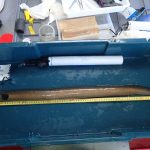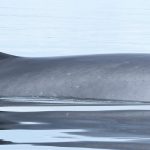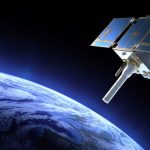← Back
New Global Initiative to Map Blue Corridors for Turtles
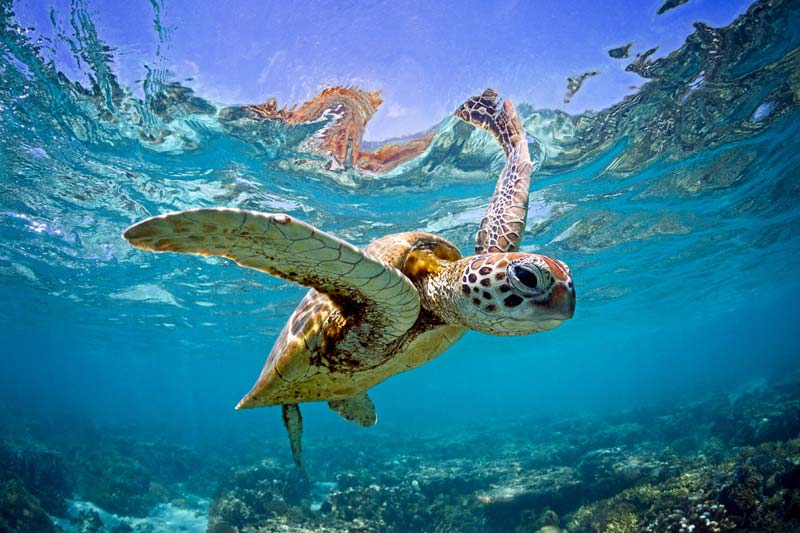
A new WWF-coordinated initiative called Blue Corridors for Turtles aims to close critical gaps in marine turtle and ocean conservation.
Launched on World Sea Turtle Day, this multi-partner initiative aims for Important Marine Turtle Areas (IMTAs) to be established and prioritised in support of effective, transboundary conservation measures to reverse the decline of marine turtle populations.
Promising to deal with a formidable challenge, the initiative will connect movement data with genetics data for the first time, and bridge significant knowledge gaps about marine turtle connectivity in every ocean basin, across more than 50 countries worldwide.
Collaborators have already begun compiling the world’s largest dataset of marine turtle nesting sites, satellite tracking and genetic information, which so far shows:
- 166 genetically distinct marine turtle populations identified globally, thanks to data provided by several sources including ShellBank – the world’s first traceability toolkit and global marine turtle DNA database.
- More than 4,000 nesting sites across 147 countries thanks to data provided by the State of the World’s Turtles (SWOT).
- Over 1,000 satellite tracks for all 7 species thanks to contributions from the turtle community.
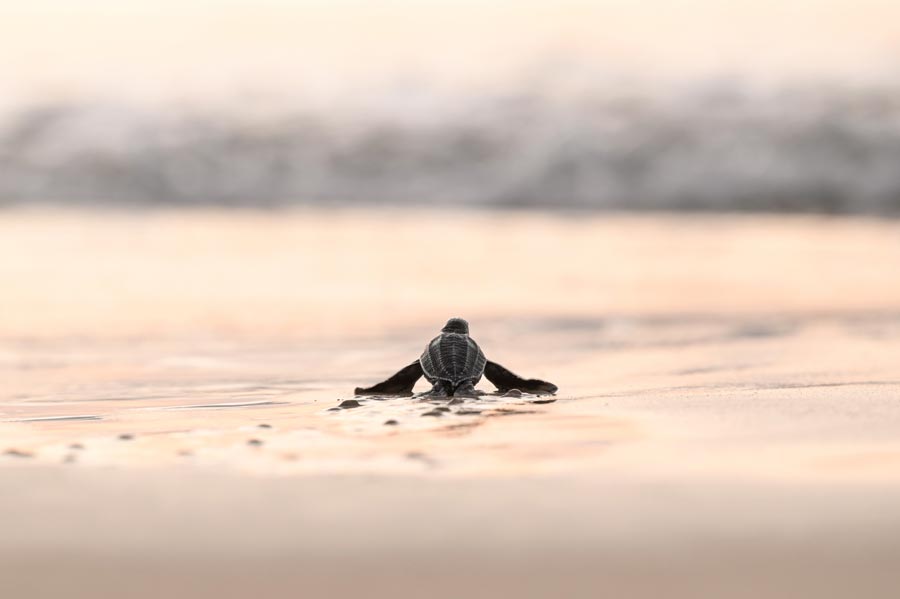
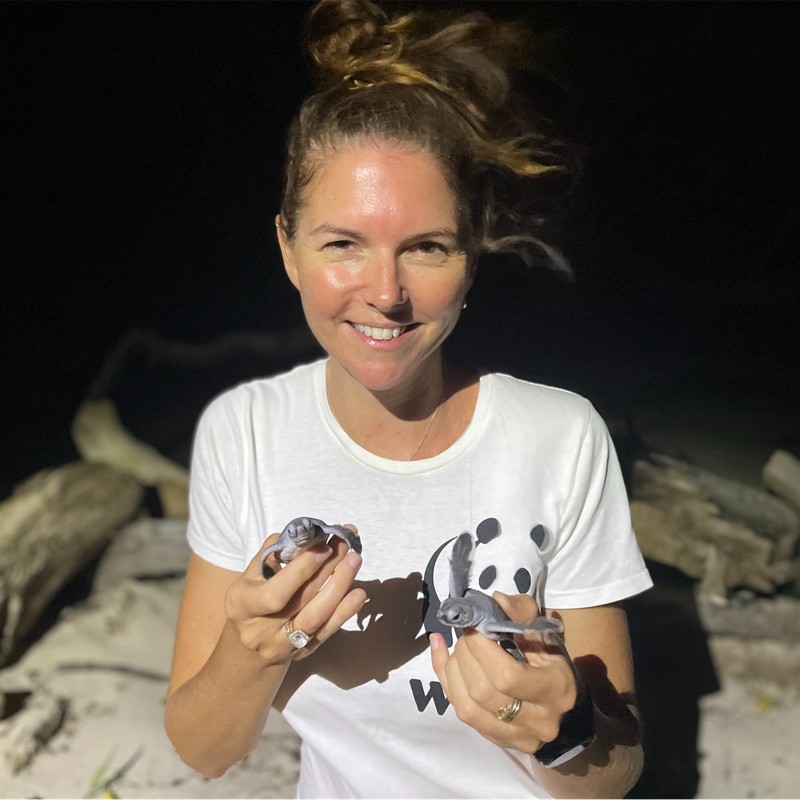
Dr Christine Madden,
WWF’s Global Lead for Marine Turtles
“We stand at a pivotal moment to elevate marine turtles in global conservation frameworks before it’s too late.
Marine turtle connectivity is the missing piece of the puzzle – we call on governments, communities, and funders to engage in Blue Corridors for Turtles and aid recovery where their numbers are dwindling.
This is a groundbreaking first in many ways. Using ShellBank, we will be able to synthesise marine turtles’ genetic data with movement data at a global scale, which has never been done before.”
Highly migratory, marine turtles often swim across the borders of several countries and through international waters, while facing multiple threats such as bycatch, poaching and climate change throughout their life cycles.
As a keystone species, they are crucial in maintaining healthy marine ecosystems, and play an important role in human cultures.
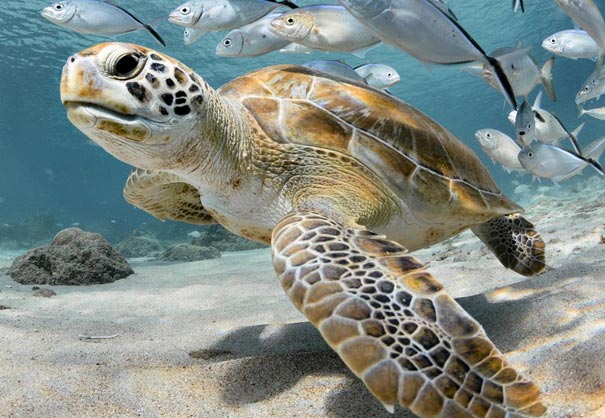
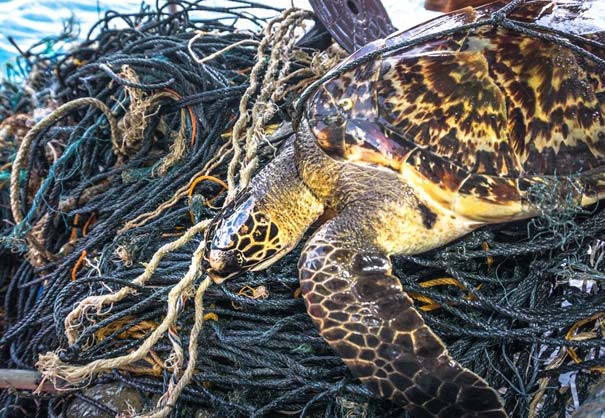
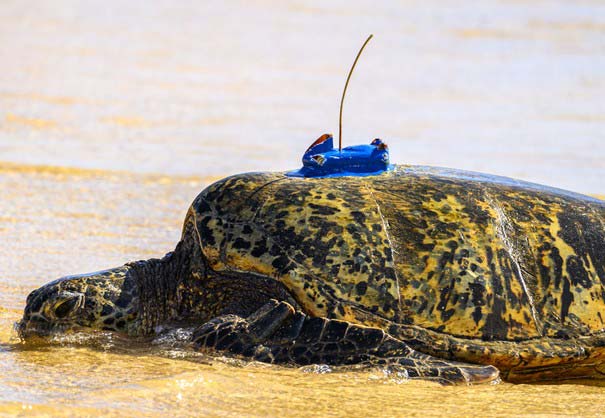
Pepe Clarke,
Leader of WWF’s Ocean Practice
“This initiative comes at a critical moment when sea turtle populations face unprecedented threats.
By establishing protected blue corridors, we can safeguard the critical feeding grounds, nesting beaches, and migration routes that turtles depend on for survival, while simultaneously advancing international commitments under the Convention on the Conservation of Migratory Species of Wild Animals (CMS), Convention on Biological Diversity, and the new High Seas Treaty.”
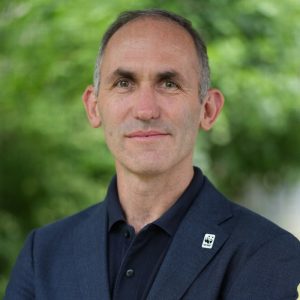
Marine turtle conservation efforts have delivered major benefits for the protection of marine ecosystems, supporting community livelihoods and sustainable fisheries, while fighting marine pollution and strengthening climate resilience.
However, without formally defined “Important Areas” that exist for other migratory marine megafauna such as birds, mammals, and sharks and rays, transboundary conservation planning and protection of marine turtles has been hindered.
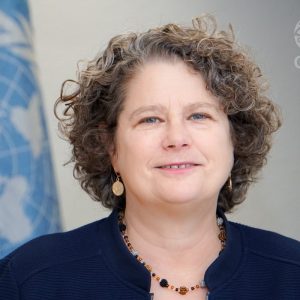
Amy Fraenkel,
Executive Secretary of the CMS
“Blue Corridors for Turtles comes at a key moment for the conservation of these iconic, migratory species.
By improving our knowledge of their migration routes and identifying Important Marine Turtle Areas (IMTAs), this initiative will generate essential knowledge to guide policy and action across national borders.”
Associate Professor Daniel Dunn,
Director of the Centre for Biodiversity and conservation Science, University of Queensland
“IMTAs are the best mechanism the world has to ensure the inclusion of these foundational species into global conservation frameworks.
We urge governments to commit to the development and implementation of IMTAs as a concrete mechanism to meet their global conservation commitments.”
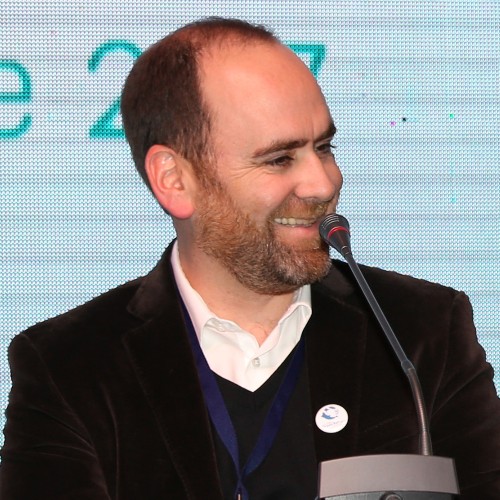

Roderic Mast,
Executive Secretary of the CMS Co-Chair of IUCN’s Marine Turtle Specialist group & Co-Founder of the SWOT program
“By mapping connectivity and spatial threats, we can connect bottom-up science with top-down policy, ensuring IMTAs are grounded in scientific evidence.
We thank all knowledge and data holders who are contributing to Blue Corridors for Turtles, and look forward to engaging with researchers worldwide to safeguard marine turtles’ full life cycle and the diverse marine habitats that we all rely on.”
Christel Delmas,
Head of Environmental Monitoring Services, CLS
“CLS, as provider of Argos Services, is proud to support this initiative, which reflects our mission to harness satellite technology for biodiversity protection.
By helping close key knowledge gaps in turtle connectivity, we improve our collective understanding of their life cycles and enable science-based policies to reverse population declines.
Blue Corridors for Turtles shows the power of global collaboration and innovation to secure a future for marine turtles.”
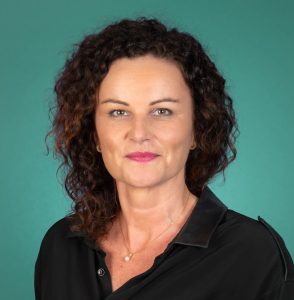
Blue Corridor for Turtles is coordinated by WWF in partnership with CMS, the University of Queensland, ShellBank, SWOT and the CLS group, and contributes to the mission of the IUCN Marine Turtle Specialist Group.
For more information about Blue Corridors for Turtles, visit panda.org/turtles.

